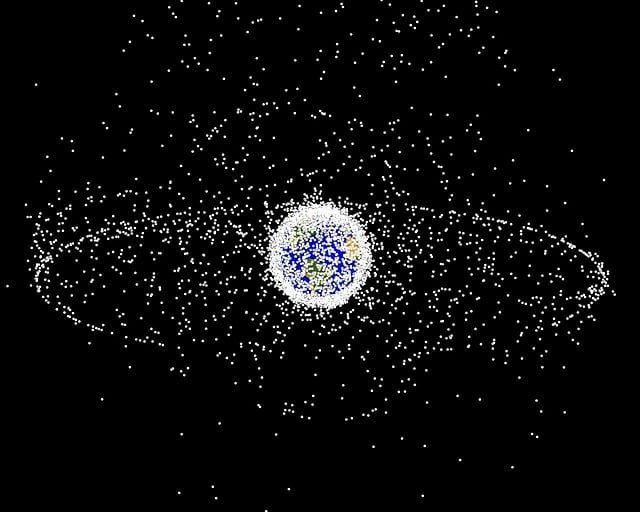

A Chinese rocket stage that broke apart in space this week created more than 700 pieces of debris, putting over 1,000 satellites and other objects in a high-traffic region of Earth's orbit at risk of hazardous collisions, analysts said on Friday.
China's state-owned Shanghai Spacecom Satellite Technology (SSST) launched 18 internet satellites into orbit on Tuesday as the inaugural batch of a communications network that will challenge SpaceX's vast Starlink constellation.
The upper rocket stage that carried those satellites into orbit appeared to explode soon after deploying its payloads, creating a growing field of debris that US space-tracking firms estimate to be at least 700 pieces so far.
SSST did not respond to a request for comment.
US space-tracking firm LeoLabs said it was likely the number of debris pieces exceeds 900, making the event one of the largest ever. The debris cloud, created at roughly 800 kilometres (497 miles) in altitude, will last several years, several analysts said.
It was unclear whether the latest rocket body's break-up was caused by a collision with another object or an onboard explosion of unused rocket fuel. U.S. Space Command initially said the event created 300 pieces of debris, a number that was seen as likely to increase as the debris cloud disperses.
Over 1,100 satellites and other objects in space are at risk of colliding with the Chinese debris, Audrey Schaffer, vice president of strategy at space-tracking firm Slingshot Aerospace, told Reuters.
"What we are seeing now is there are over 1,100 predicted conjunctions of less than 5-km miss distances over the next three days," Schaffer said, adding that roughly a third of those objects at risk are active spacecraft that can likely maneuver out of the way.
The rest of the objects, Schaffer said, are uncontrollable pieces of existing space junk that have no way of dodging the new debris, raising fears among many analysts of cascading collisions.
A Long March 6A rocket stage in 2022 similarly broke apart in space and created hundreds of pieces of debris, prompting criticism of China from Western countries and space sustainability advocates that said Beijing should better control how it disposes of spent rocket bodies.
"Frankly it's disappointing that the rocket had the same issue again," Schaffer said. "These kinds of debris-generating events that are potentially avoidable should not occur anymore."











